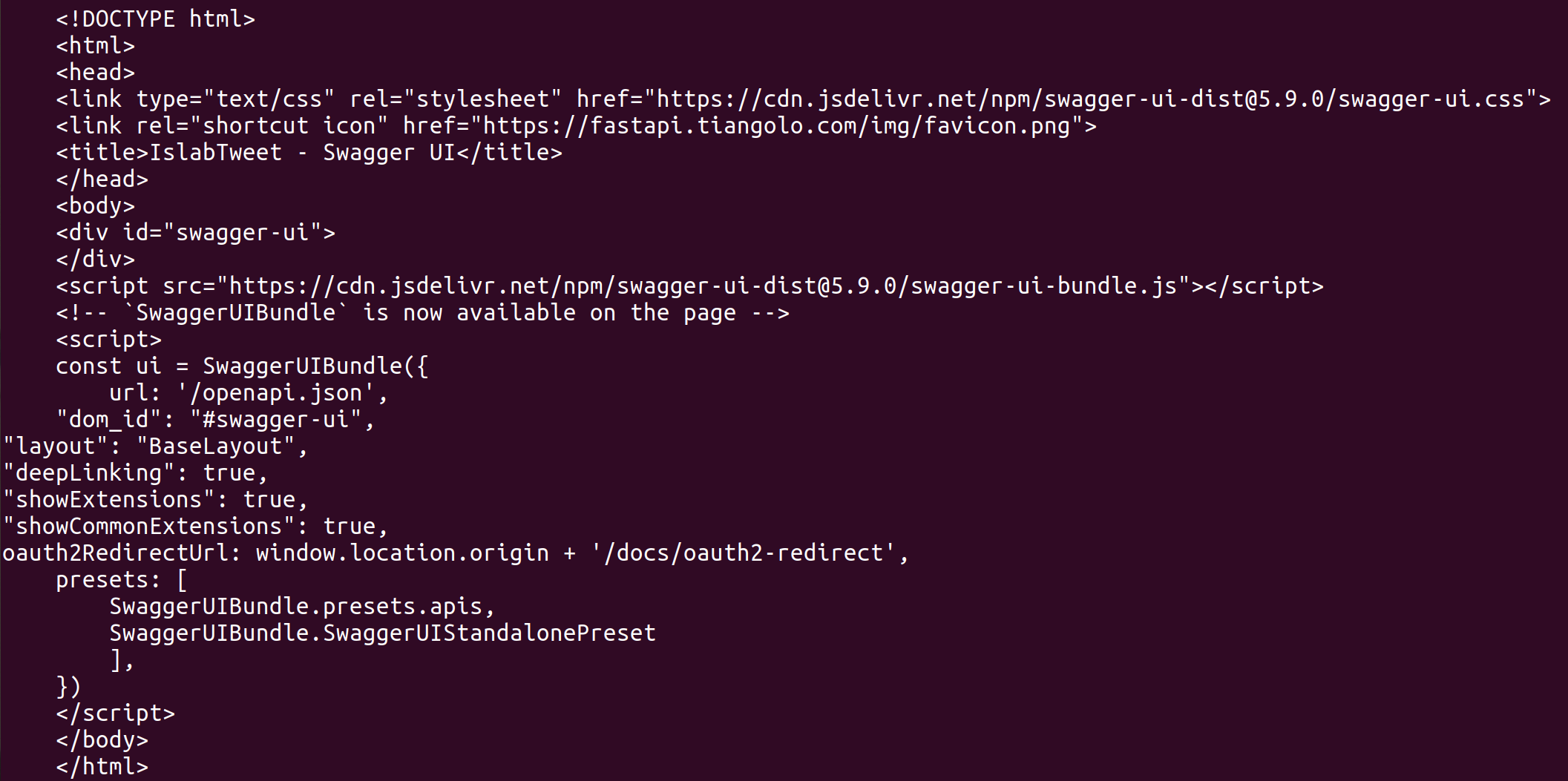this post was submitted on 07 Feb 2024
8 points (100.0% liked)
Python
7004 readers
31 users here now
Welcome to the Python community on the programming.dev Lemmy instance!
📅 Events
Past
November 2023
- PyCon Ireland 2023, 11-12th
- PyData Tel Aviv 2023 14th
October 2023
- PyConES Canarias 2023, 6-8th
- DjangoCon US 2023, 16-20th (!django 💬)
July 2023
- PyDelhi Meetup, 2nd
- PyCon Israel, 4-5th
- DFW Pythoneers, 6th
- Django Girls Abraka, 6-7th
- SciPy 2023 10-16th, Austin
- IndyPy, 11th
- Leipzig Python User Group, 11th
- Austin Python, 12th
- EuroPython 2023, 17-23rd
- Austin Python: Evening of Coding, 18th
- PyHEP.dev 2023 - "Python in HEP" Developer's Workshop, 25th
August 2023
- PyLadies Dublin, 15th
- EuroSciPy 2023, 14-18th
September 2023
- PyData Amsterdam, 14-16th
- PyCon UK, 22nd - 25th
🐍 Python project:
- Python
- Documentation
- News & Blog
- Python Planet blog aggregator
💓 Python Community:
- #python IRC for general questions
- #python-dev IRC for CPython developers
- PySlackers Slack channel
- Python Discord server
- Python Weekly newsletters
- Mailing lists
- Forum
✨ Python Ecosystem:
🌌 Fediverse
Communities
- #python on Mastodon
- c/django on programming.dev
- c/pythorhead on lemmy.dbzer0.com
Projects
- Pythörhead: a Python library for interacting with Lemmy
- Plemmy: a Python package for accessing the Lemmy API
- pylemmy pylemmy enables simple access to Lemmy's API with Python
- mastodon.py, a Python wrapper for the Mastodon API
Feeds
founded 2 years ago
MODERATORS
you are viewing a single comment's thread
view the rest of the comments
view the rest of the comments

That's weird, I have never noticed any kind of .html files generation when accessing the docs and I have worked with F.Api for some time now, also can't seem to find ang mention of this generation in the docs (that it actually writes files).
Also isn't the default doc path
/docs(/redoc)Ok, that was stupid. Doing healthcheck with wget, does what wget does: it downloads the result. I had to add --spider to stop doing that
usually I would use just curl for hc
To me it depends on the base image. Some don't have curl, but have wget. I would go with the flow instead of installing it myself. Especially if I can get away with not having to add more layers for an image of my own and/or using the same command for all containers